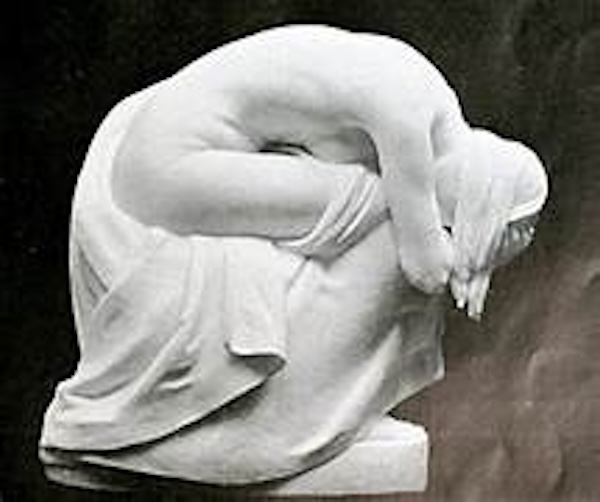W. D. Snodgrass’s master poetic work, The Fuehrer Bunker: The Complete Cycle, was years in the making. Finally published in 1995, the work reflects his care in adjusting not only the tone but the shape of each character’s poetic speech to model his or her personal character. Speer’s stately, self-serving monologues are presented as a sequence of triangles (reflecting Speer the builder). Himmler’s dry monologues are divided into individual letters imprisoned in graph paper grids. And s...| Slant Books
The poems we hear in Tim Hunt’s new collection embody, for me, Jack Kerouac’s teaching: that to accept loss forever is, paradoxically, to embrace it in the present—to treat it as an ever-present reality, one that reveals unexpected beauty and solace, but only if we become part of that revelation.| Slant Books
Juturna’s is one of the bravest laments I’ve ever read in Classical literature. And it’s one I’d never come across until a year or so ago when I decided, after too many years of delay, to read all of Virgil’s Aeneid, from beginning to end, in Latin. Alas, my Latin was and remains very rusty. But rustiness can be an advantage. It’s slowed my reading down, forcing me to dig deeply into each passage and savor it, with the result that details stay in my mind much more firmly.| Slant Books



